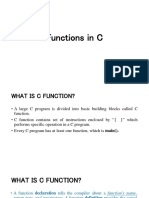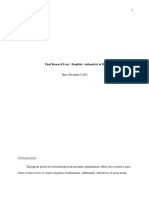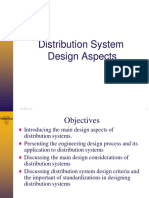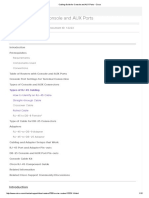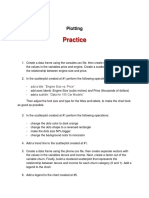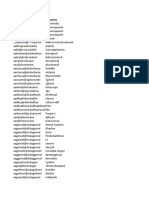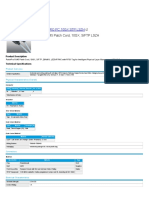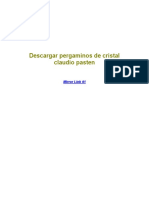0% found this document useful (0 votes)
13 views43 pagesUNIT 2 Functions
The document discusses the concept of modular programming in C, emphasizing the importance of functions for breaking down large programs into manageable components. It explains the types of functions, including built-in and user-defined functions, and details how to declare, define, and call functions, including the differences between call by value and call by reference. Additionally, it covers recursion, its advantages and disadvantages, and provides examples of function usage in C programming.
Uploaded by
ashwanishar15Copyright
© © All Rights Reserved
We take content rights seriously. If you suspect this is your content, claim it here.
Available Formats
Download as PPTX, PDF, TXT or read online on Scribd
0% found this document useful (0 votes)
13 views43 pagesUNIT 2 Functions
The document discusses the concept of modular programming in C, emphasizing the importance of functions for breaking down large programs into manageable components. It explains the types of functions, including built-in and user-defined functions, and details how to declare, define, and call functions, including the differences between call by value and call by reference. Additionally, it covers recursion, its advantages and disadvantages, and provides examples of function usage in C programming.
Uploaded by
ashwanishar15Copyright
© © All Rights Reserved
We take content rights seriously. If you suspect this is your content, claim it here.
Available Formats
Download as PPTX, PDF, TXT or read online on Scribd
/ 43































